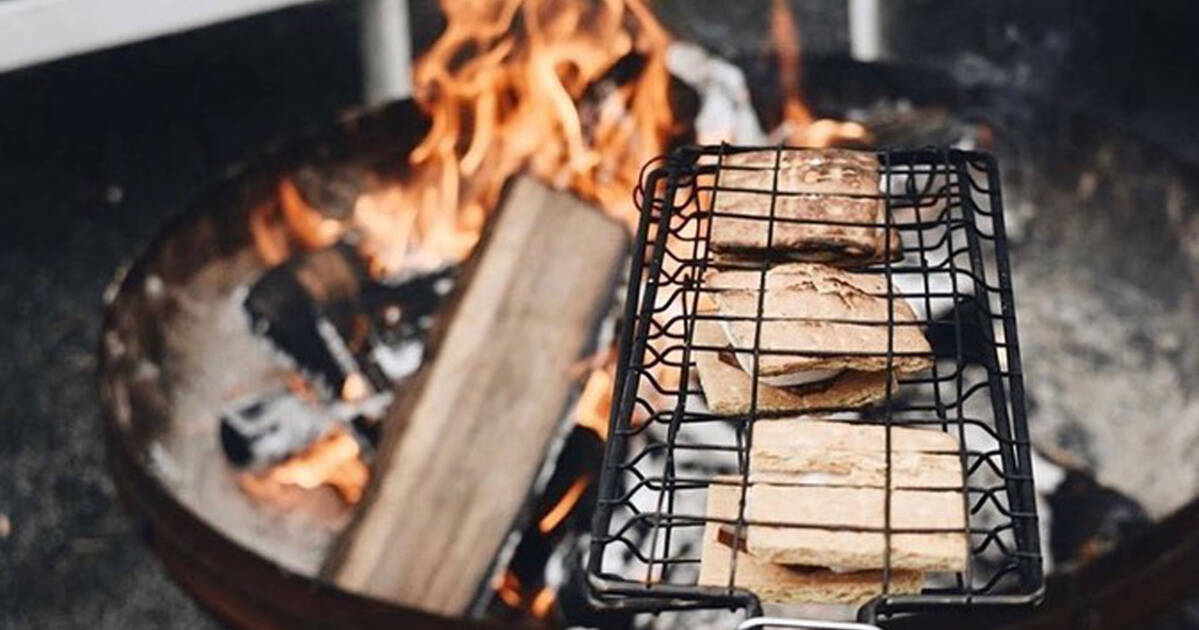
An outdoor fire pit in your backyard might seem like the best way to combat dropping temps in Toronto. But before you bring out the S'Mores and light up that outdoor fireplace from Canadian Tire or Home Depot, you should know: it's illegal.
Here are the rules for outdoor fire pits in Toronto.
Open air fires
Under the Ontario Fire Code, anything that qualifies as open-air burning is forbidden.
That includes fire bowls and pits, bonfires, outdoor fireplaces, sky lanterns, chimineas, incinerators, burn drums — essentially anything that's fueled by wood.
There are a number of reasons for this, the most obvious being that having an open flame anywhere in the city is a huge safety hazard.
Chimineas, outdoor fireplaces, & fire pits, are considered open air burning & are not permitted in Toronto. Failure to comply with open air burning regulations is an offence that a person can be charged, under the Ontario Fire Code. @ChiefPeggTFS @tfsCFI1https://t.co/96ZZ8rhZvU
— Toronto Fire Service (@Toronto_Fire) October 20, 2020
Fires produce toxic fumes and chemicals, and can reduce visibility and increased odours. And burning materials like leaves can cause embers to blow onto other areas outside of your control.
Aside from potentially being charged under the Ontario Fire Code and facing a hefty fine, you could be solely responsible for starting a massive fire that could cause irreparable damage to your home and others, or worse.
The takeaway: just because you bought your fire structure at a local hardware store, doesn't mean you can legally use it in your Toronto backyard.
What's allowed
Toronto Fire Services does occasionally issue open-air burn permits on private property, for religious purposes or fire extinguisher training, for example.
Just as with public outdoor fire pits, you'll have to apply with the city. A representative from Toronto Fire must conduct a site inspection at your home beforehand.
Small, confined fires used to cook food on a grill, barbecue, or spit are also permitted, but the burning must be in proportion to the type and amount of food being cooked. It must also be supervised at all times. and put out right when the cooking is done.
Ultimately, your best bet is a fire pit that's fuelled by natural gas or propane that are certified by the Technical Standards and Safety Authority (TSSA).
As long as you're not using it to cook food, and you're monitoring it at all times, these patio campfires are allowed.
Key tip: Avoid ethanol-fuelled tabletop fires, which have been the cause of multiple injuries and deaths across Ontario.






0 comments:
Post a Comment